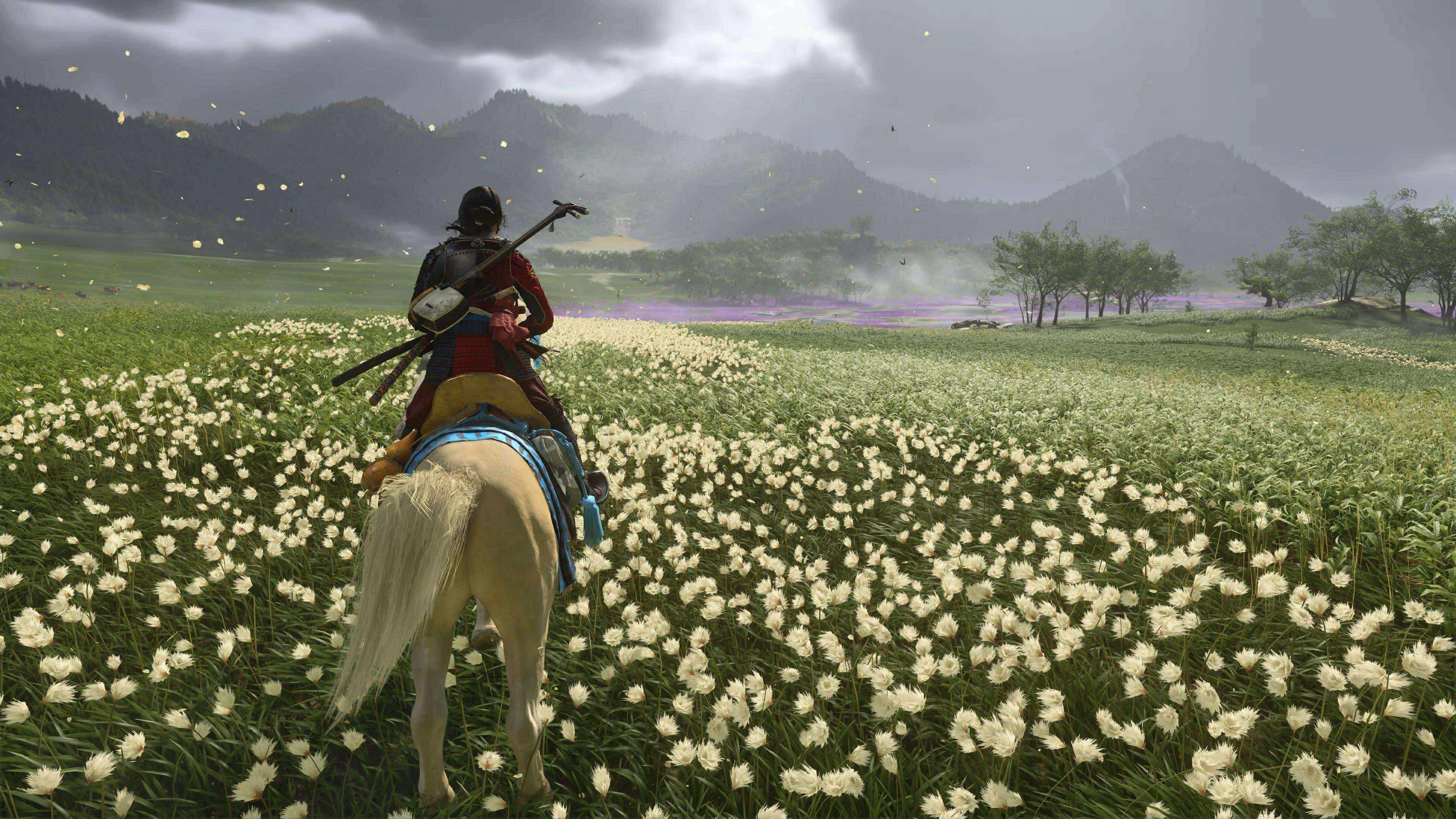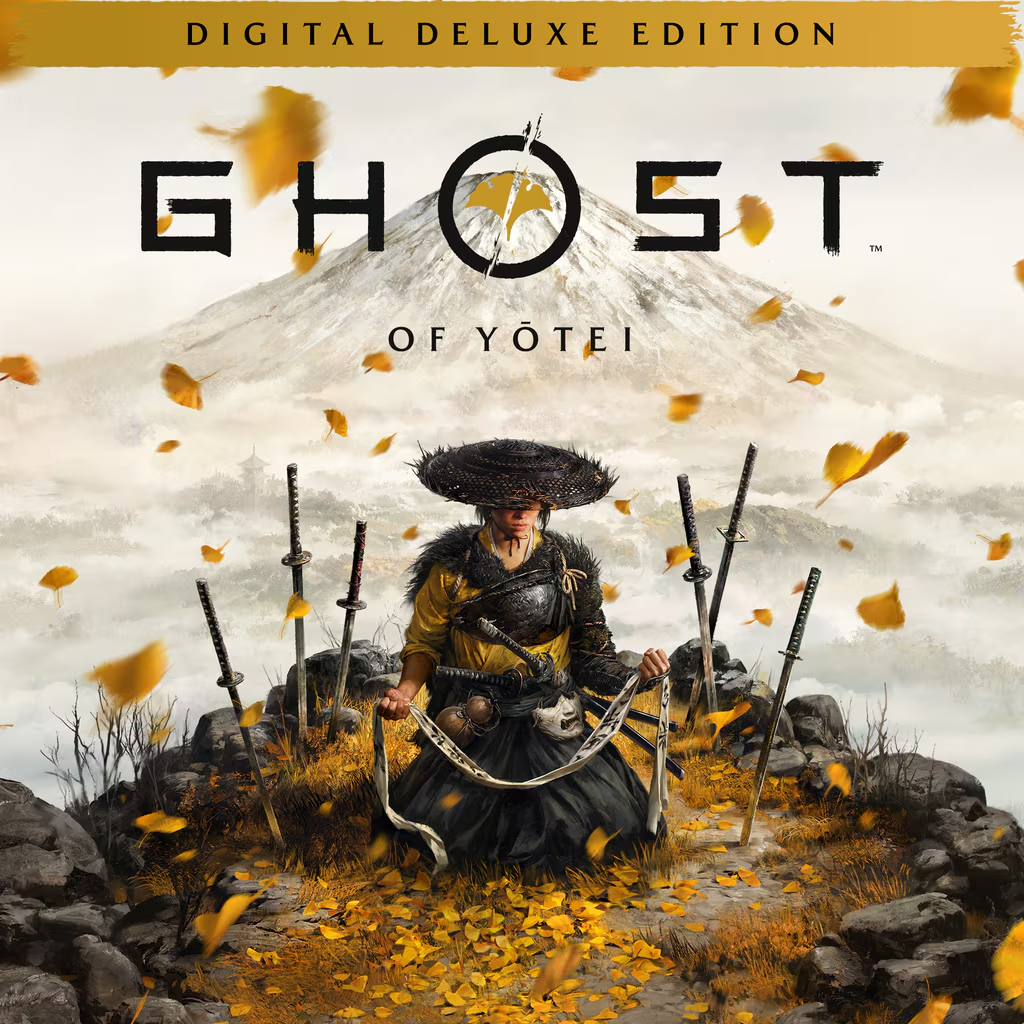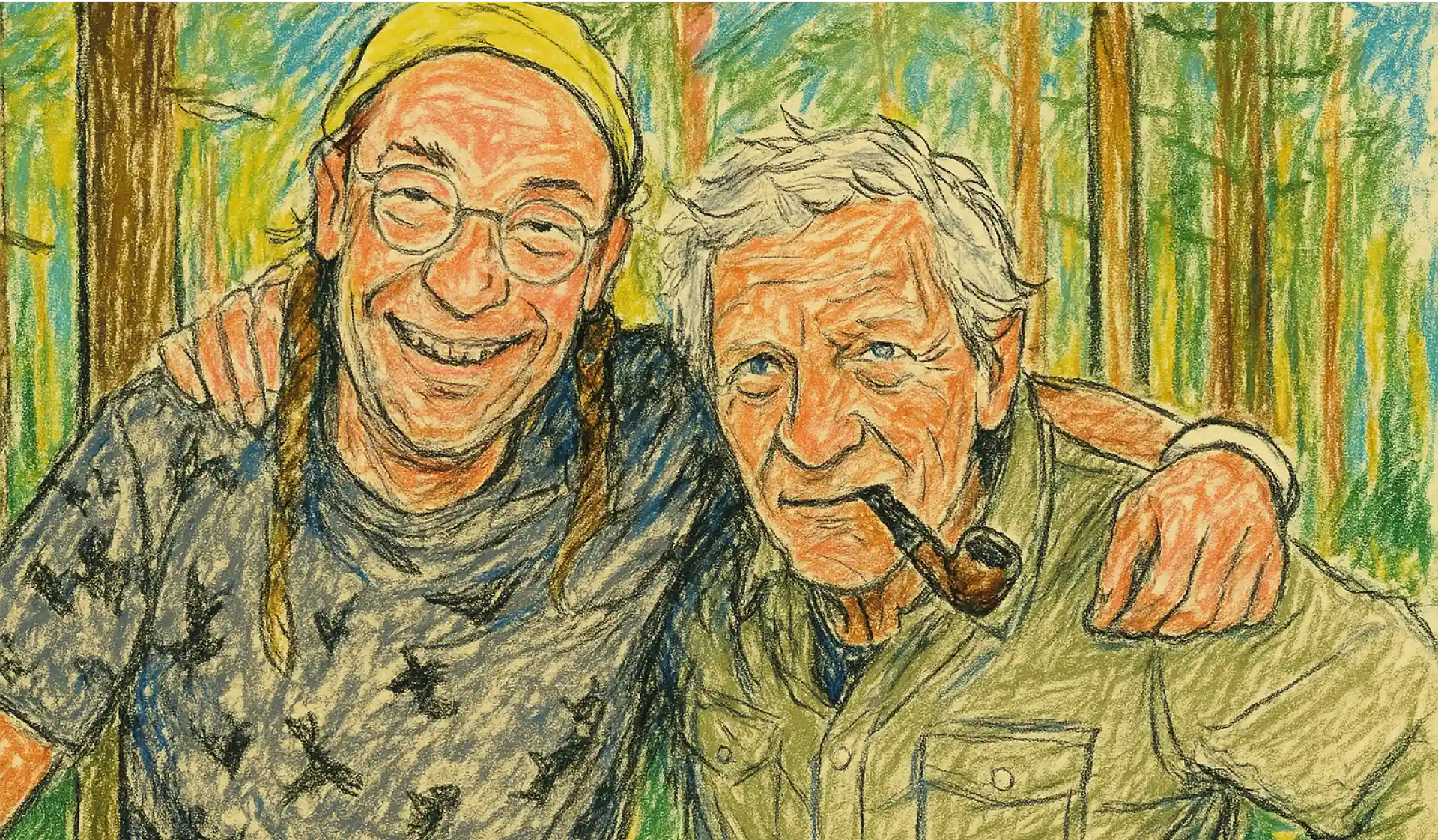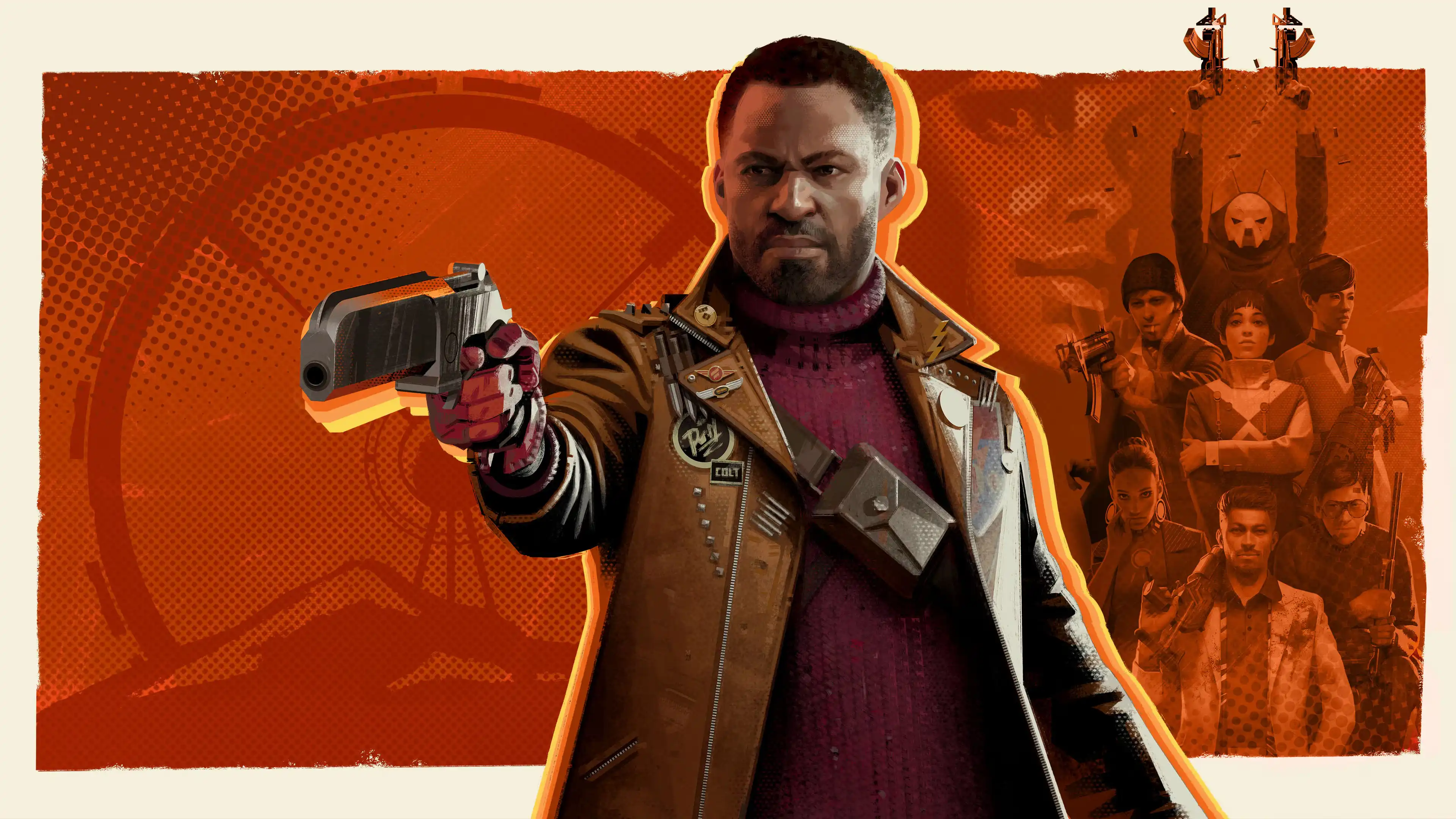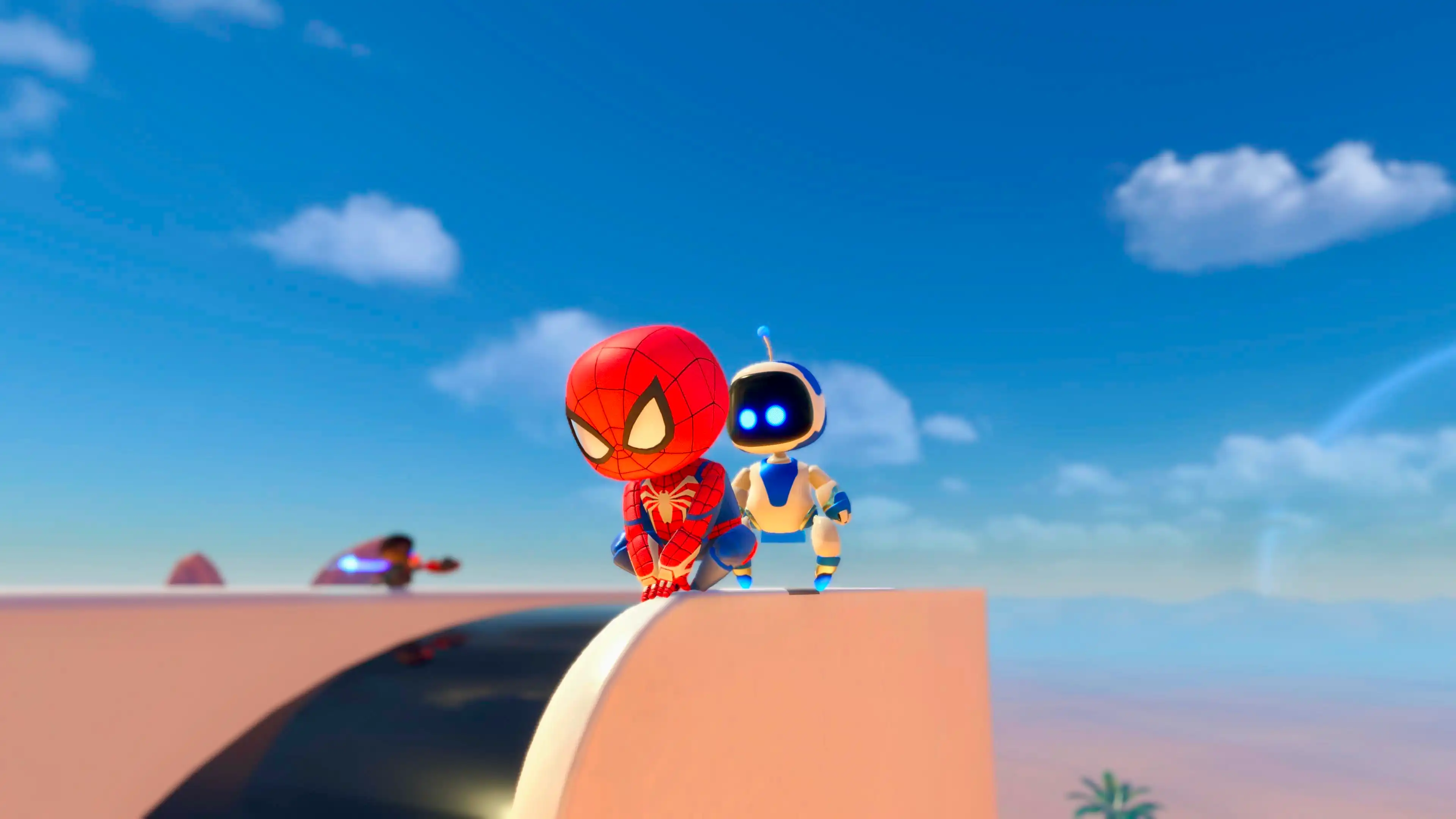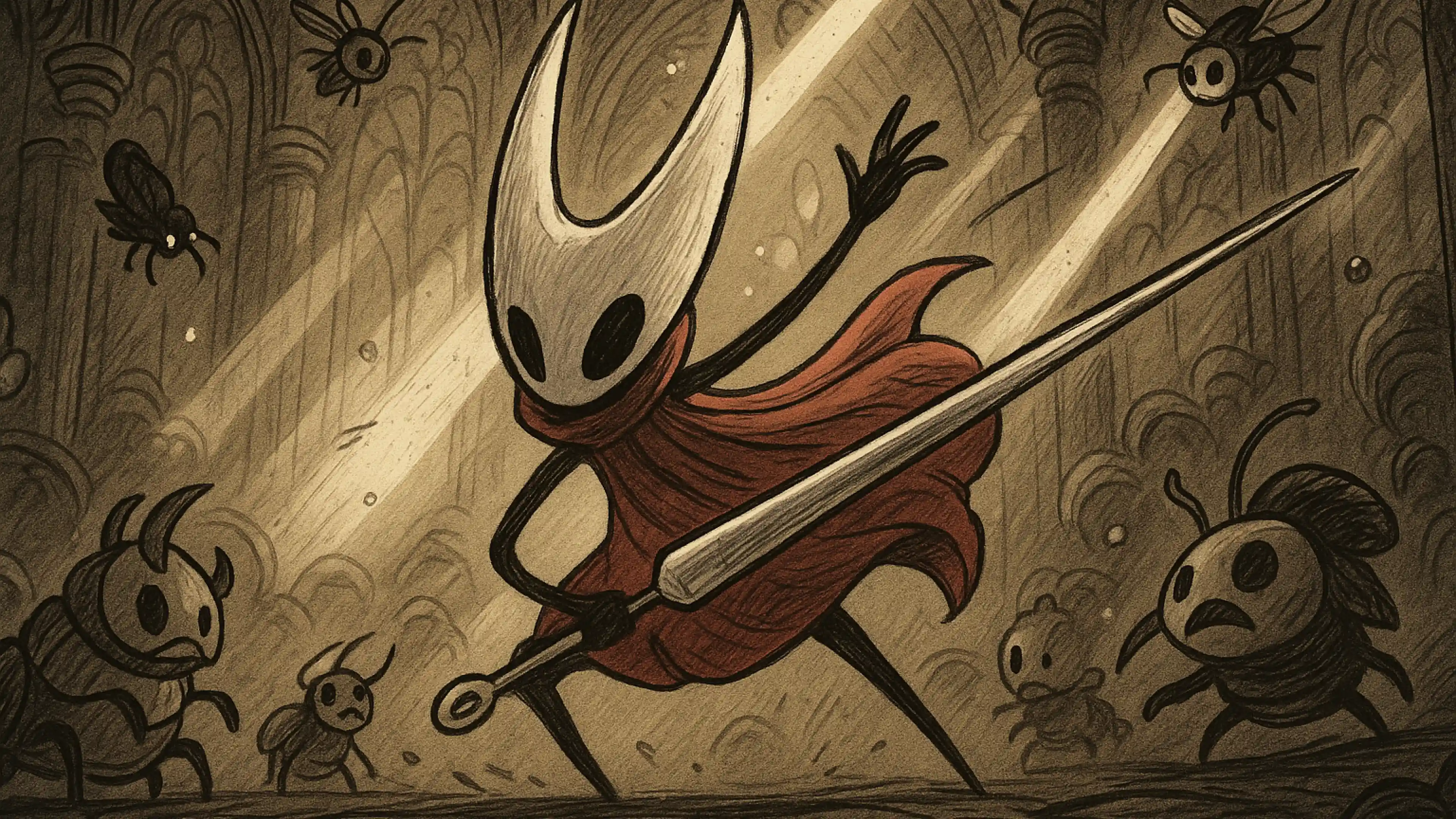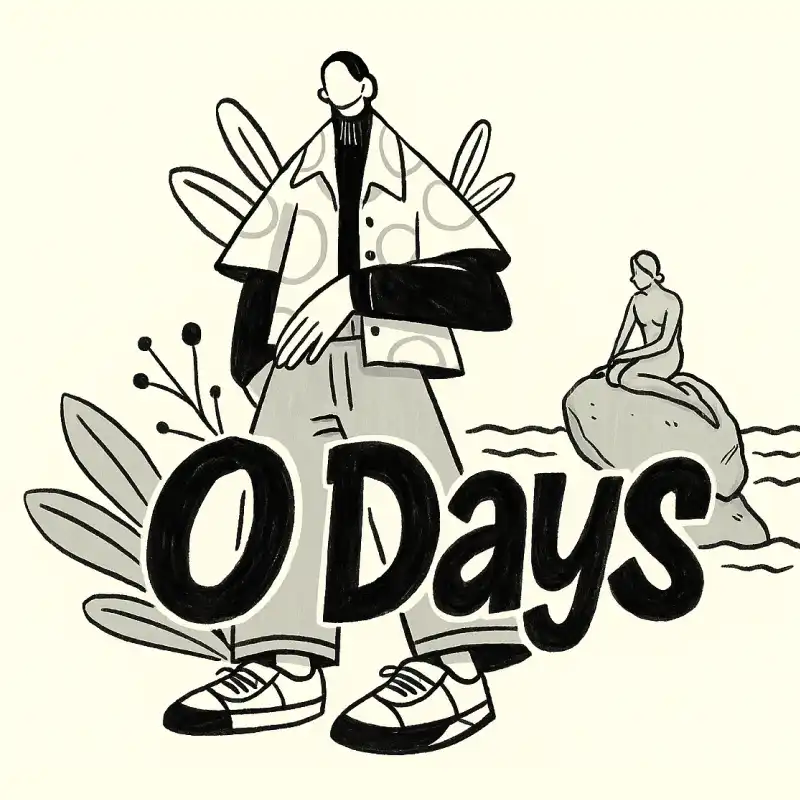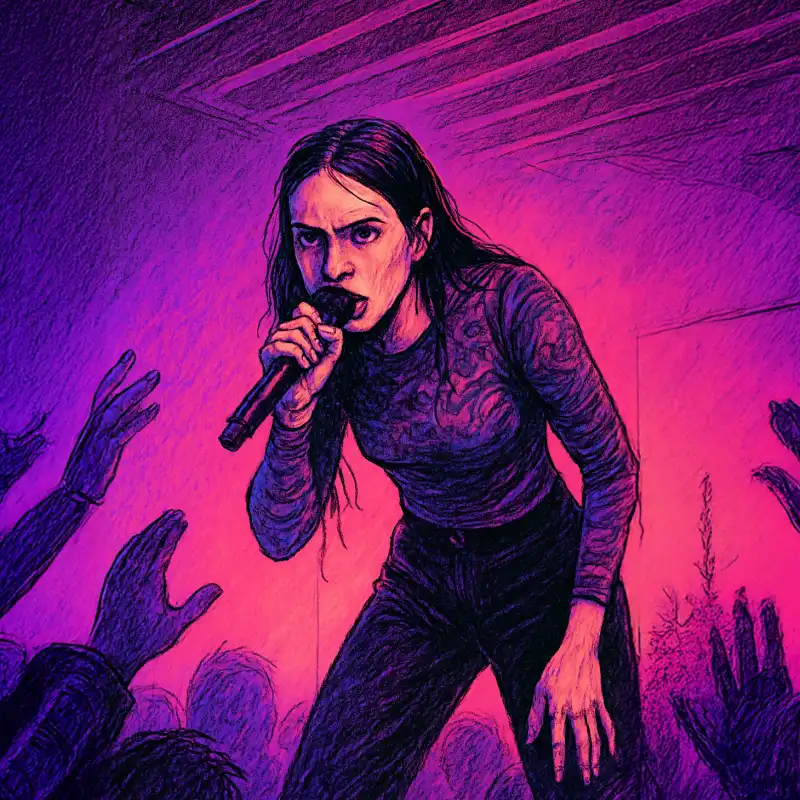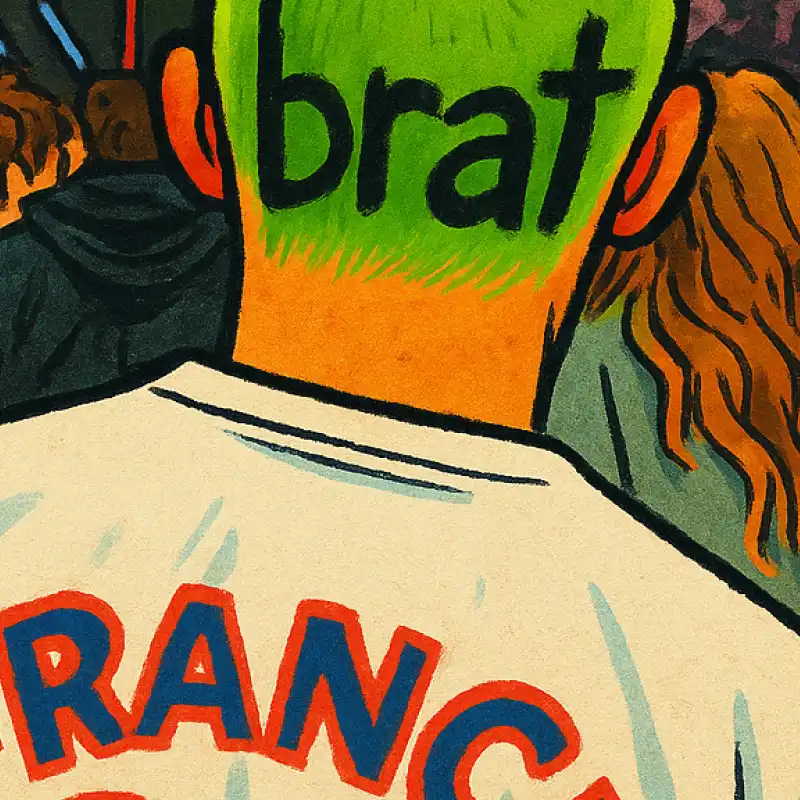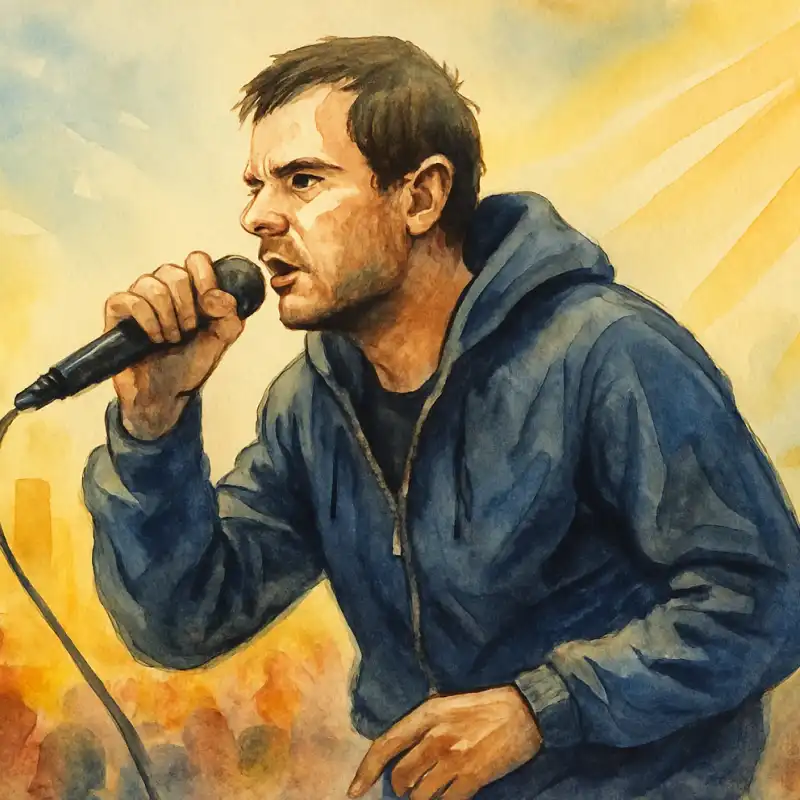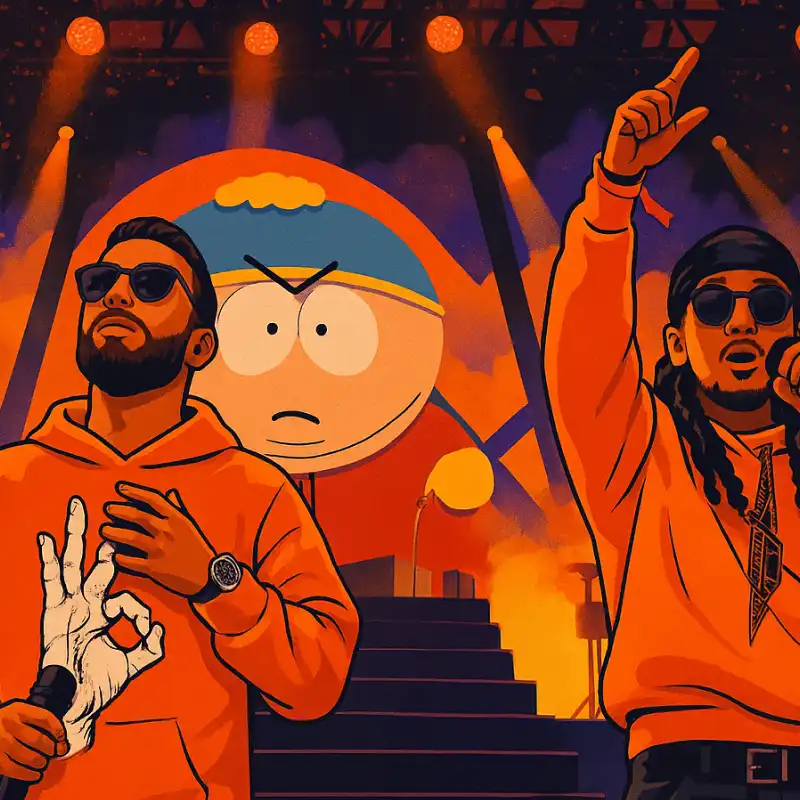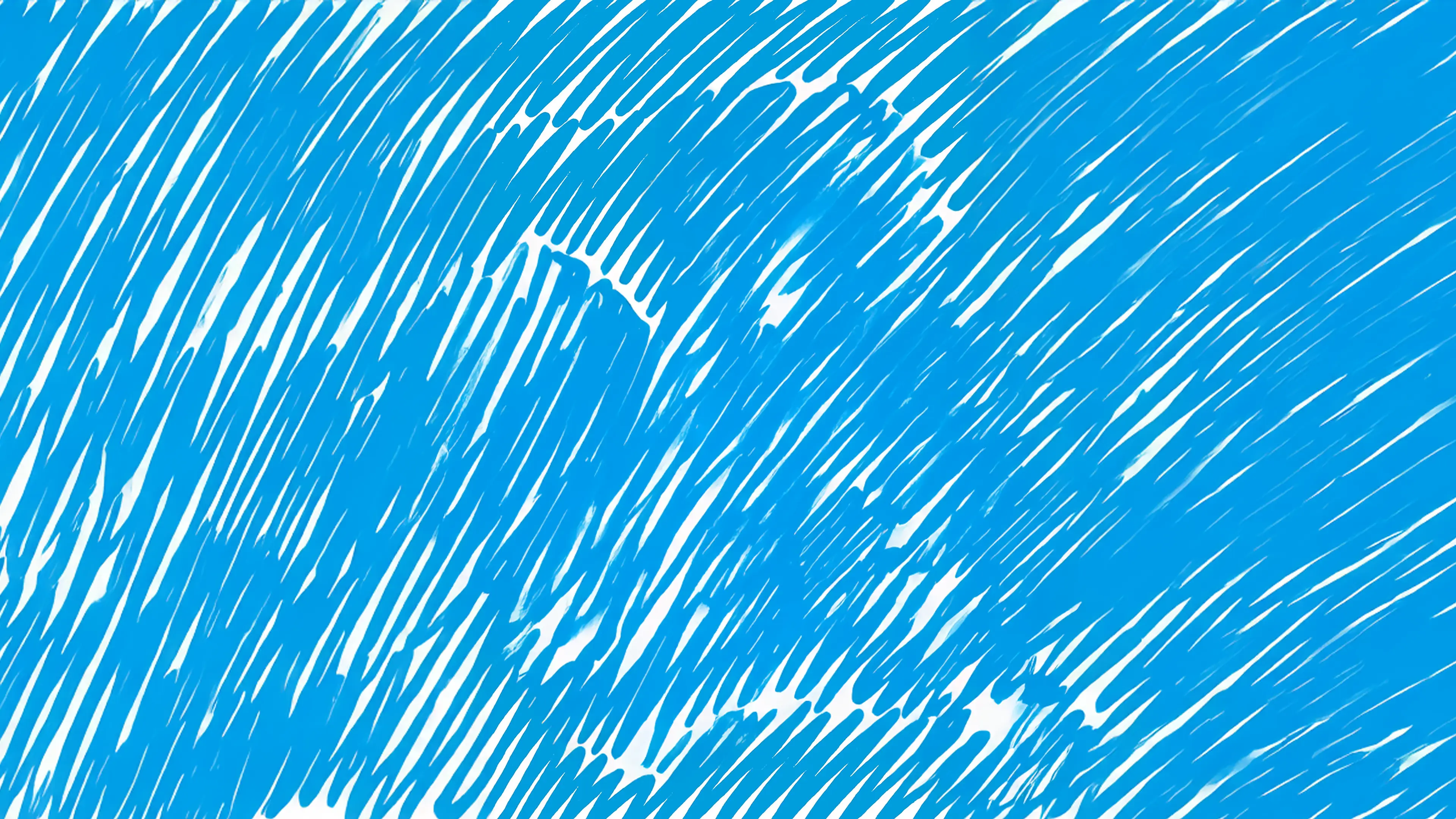I thought I was done with revenge games. Finished with samurai tales and men in slow motion shouting to the heavens as the blood spurts in aesthetic arcs. But Ghost of Yōtei feels different. It smells of steel and rain, feels like a Zen poem disguised as carnage and manages, somehow, to make revenge beautiful. It's rare, a game makes me slow down and just look. Yet here I sit, in the middle of a Japanese mountain pass, with controller in hand and the sense that it's not just enemies I'm fighting, but myself.
One star
Two stars
Three stars
Four stars
Five stars
Disclaimer: Apropos Magazine received access or a review copy. As always, we share our own impressions — unfiltered.
Six stars
It starts out like a movie you don't quite understand yet. Your family has been slaughtered by the Yōtei Six sixteen years ago, and you return to do what samurai always do: restore honor. But there's no bombastic music, no cutscenes with American voices trying to sound Asian. There's just snow, wind and a quiet voice telling you to start. You kill the first of the six, Snakes, in a tutorial that feels like a ritual. As if the game says: welcome back to the world, now that you can again feel the pain. It's a violent start, but also poetic -- like opening an old wound and letting it bleed on purpose.
Ghost of Yōtei is one of the most beautiful games i've ever seen. And I've seen many. It's the kind of graphics that make reality look bad afterwards. Every leaf, every stone, every reflex in a stream seems carefully composed — as if nature has been given a new graphic engine. I realize it's just light and code, but it feels physical. As if the wind in the game is breathing along with you. And that's actually what the game is all about: rhythm, calm and revenge as meditation.
As you move through the landscape, you are guided not by arrows and markers, but by the wind. It blows in the direction of your next target, and you quickly learn to read its language. It's a brilliant detail because it makes the whole experience feel organic. You're not chasing anything; you're being led. I don't think I've ever felt so calm in a game about killing. It's almost ironic.
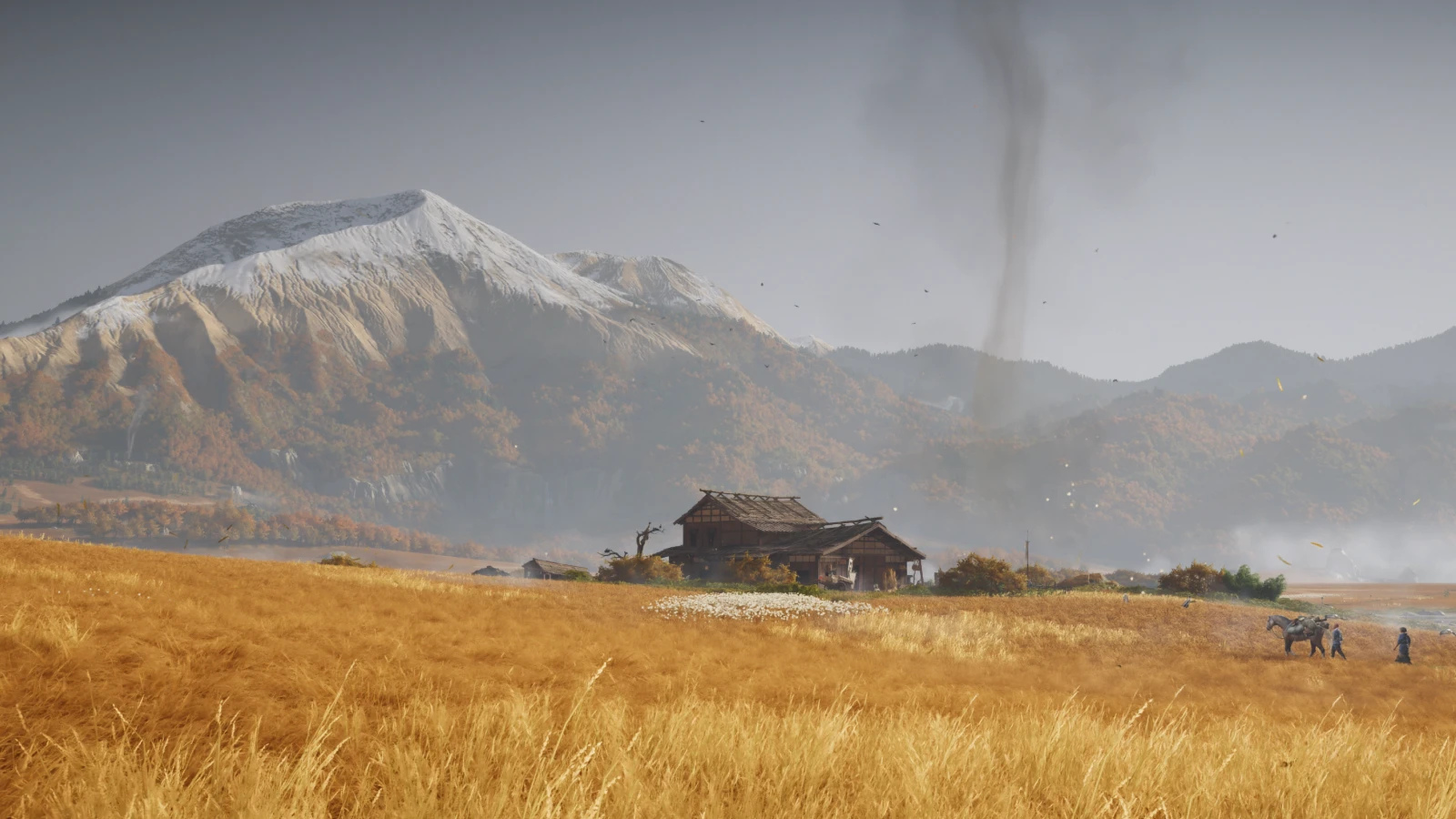
The fight is brutal but disciplined. There are no over-leveraged combo systems, no 40-step tutorials. It's you, your sword, and the timing. A duel can be over in three seconds if you know what you're doing. Or three minutes if you're panicking. Every battle feels like a decision you have to stand by. It reminds me a bit of the old The Soulsgame, just without the punishing sadism. It's not about survival, it's about preserving dignity. You quickly learn that revenge requires patience.
The DualSense controller does the rest. You feel the weight in every turn, the resistance in every parry. When swords strike flesh, it doesn't feel like an impact blow, but like a breath that stops. When playing your instrument, physically move the controller with small precise strokes. When you cook, meditate, draw or cut bamboo, you almost feel the resistance in your hands. It gives a physical connection to the game -- as if you're not just playing as a samurai, but becoming one. There's a physical presence to it that almost feels too much. Like you're playing closer to something you'd rather not feel.
But there is also the calm afterwards. That almost uncomfortable silence where you stand in the middle of a field with three dead men and hear the wind take over again. It's not a game that rewards you for violence. It just reminds you that you committed it.
That's what I love about Ghost of Yōtei. It refuses to please you. It doesn't tell you when you're doing well. It gives you no pop-ups, no “Great job, warrior!”. Just nature looking back. Like a champion who nods weakly but never claps. You're alone, and that's the point.
There are moments when the game lets go of pace completely. You can sit down at a hot spring, breathe and choose a topic to reflect on: fear, revenge, loss. It sounds trite, but it works. Your character speaks in short sentences, and suddenly it doesn't feel like XP grind, but like therapy. Somehow the game makes you think you're going to be a better person just because you think about it.
Even the small details are ritual. You clean your sword after every battle. Not as an animation you can skip, but as a gesture you repeat. It becomes part of the rhythm. Kill, exhale, cleanse. Repeat. It feels more like playing music than an action game.
The story is classic: revenge, honor, guilt. But it works because it's not grandly told. It's quiet. You know what to do, but you gradually understand why. Each of the six enemies represents something in yourself. Hatred, fear, pride, doubt. You don't just kill them -- you kill what you could have become. This is the kind of thing that does Ghost of Yōtei more than a game. It feels like a conversation you have with yourself at two o'clock at night, after everything has calmed down.
The side stories are small but beautiful. An old warrior who refuses to die. A farmer looking for his son. A woman making tea for her late husband. These are tiny tales that are all about loss and ritual. They don't feel like “quests” but like encounters. You help people, but you don't become the hero. You just become a witness to their pain. And that's enough.
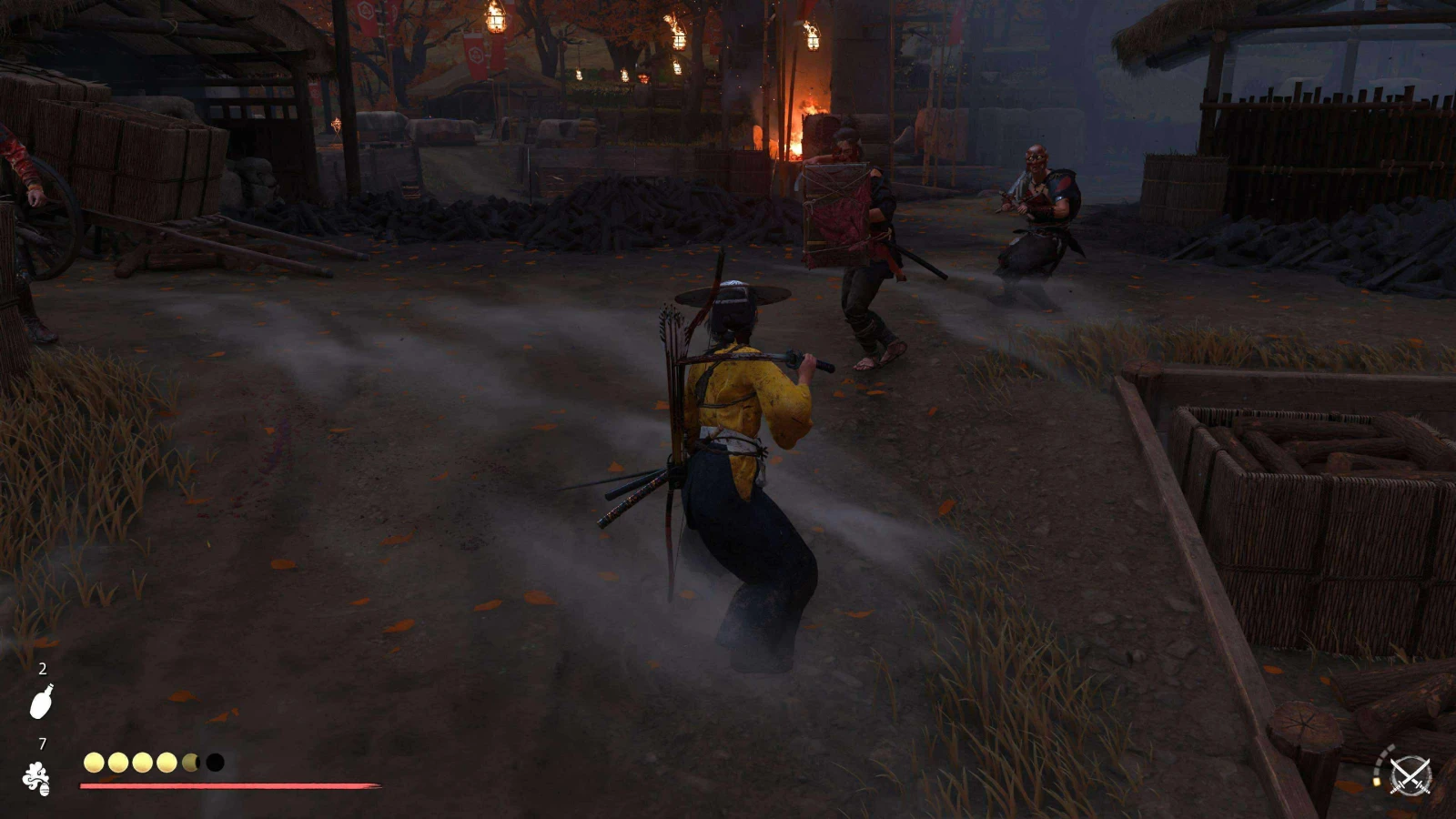
When playing Ghost of Yōtei, one gets the feeling that the developers have understood something fundamental: that tranquility is not boring. That silence can be as dramatic as explosions. That blood can be beautiful if it flows in tact.
I think that's what makes the game so hypnotic. It makes revenge feel like a form of control. Not over others, but over themselves. Sitting there, in the middle of the night, with a cup of cold coffee and the rain outside, the game becomes almost therapeutic. It's like taking a break from the world by stepping into one that demands nothing of you -- only your attention.
Preserved, there are also errors. Some textures pop, some NPCs stand like wooden figures. But that means nothing. Because the game has something most modern games have forgotten: soul. The feeling that someone actually meant something with what they were doing. It's not just a production line, but a meditation in 4K.
Ghost of Yōtei is not a game that one “completes”. It's a game you stay in, like a book you read too slowly because you don't want to reach the end. It feels like the developers have coded some kind of thoughtfulness into the engine. You play and you think. Not because the game asks you to, but because it feels natural.
I often think of a scene where my character is standing on a mountain ridge in snow. She looks out over the landscape as the sun breaks through the clouds. I stood there for two minutes, without pressing anything. There was nothing to be done -- and that was the whole point.
In reality...
Ghost of Yōtei is not a revenge mission. It's an attempt to find calm in the noise. It's a game that dares to take its time and force you to take yours. There are many beautiful games, but few that dare to be quiet. Few who let the wind be the narrator.
It feels like meditation with a sword. Like a Zen masterpiece, disguised as a PlayStation exclusive.
And yes -- I love it.


